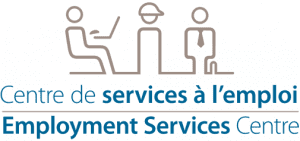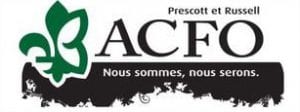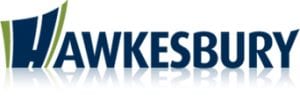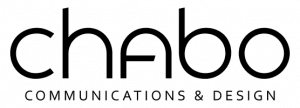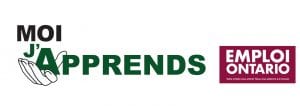Banking and finance
You can visit the websites of Canadian banking institutions to find a bank or credit union that’s right for you. You’ll need to go into a branch to open a bank account.
Opening a Canadian bank account
To open an account, you must present two of the following pieces of identification:
- Canadian driver’s licence
- Current Canadian passport
- Social Insurance Number (SIN)
- Certificate of Indian Status
- Citizenship certificate or naturalization certificate
- Permanent resident card
- Immigration and Citizenship Canada forms IMM 1000, IMM 1442, IMM 5292
If you do not have two pieces of identification from the above list, you may present one of them along with one from the following list:
- Employee photo ID card
- Debit card or bank card in your name and bearing your signature
- Canadian credit card with your name and signature
- Canadian National Institute for the Blind (CNIB) card with your photo and signature
- Current foreign passport
Using a chequing account
The most commonly used bank account is the chequing account. With this account, you’ll be able to obtain a void cheque that your employer will use to deposit your pay directly into your account.
A chequing account also gives you the option of paying your bills manually or by pre-authorized debit. If you choose automatic payments, you’ll need to make sure that you have enough money in your account or you may be charged additional fees.
You can use your chequing account, a savings account or a credit card to pay for various products and services on a day-to-day basis. You can also use paper cheques, but they are not accepted everywhere.
Credit report
A credit report is summary of your past credit transactions. This report is primarily used by lenders to assess your ability to repay loans.
What does a credit report contain?
- Your personal information (name, address, Social Insurance Number, telephone number, date of birth, employer)
- Your credit information
- Your banking information (e.g., NSF/bounced cheques)
- Public documents (example: bankruptcy)
- Collection information (e.g., outstanding debt)
- Consumer statements (e.g., fraud warning)
- A credit inquiry report (list of people who have viewed your report)
Taxes
In Canada, all adults and employed people must file an annual income tax return. Depending on your income in a given year, you may have to pay taxes to the Government of Canada or the Government of Canada may refund you money.
We recommended that you contact an accountant when filing your first tax return. They’ll explain everything you need to know, go over your entire file and answer all your questions.
For more information on income taxes, please visit the Canada Revenue Agency website.
Credit
Credit cards allow you to buy goods or services and pay the charges at a later date. This flexibility has its advantages and disadvantages. At the end of the month, any unpaid balance is subject to an interest charge. The rate varies depending on your banking institution and the type of credit card you hold.
For more information on credit cards, please visit the Canadian Bankers Association or your bank’s website.
Web design: Chabo Communications & Design

